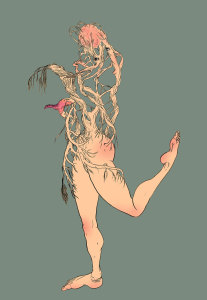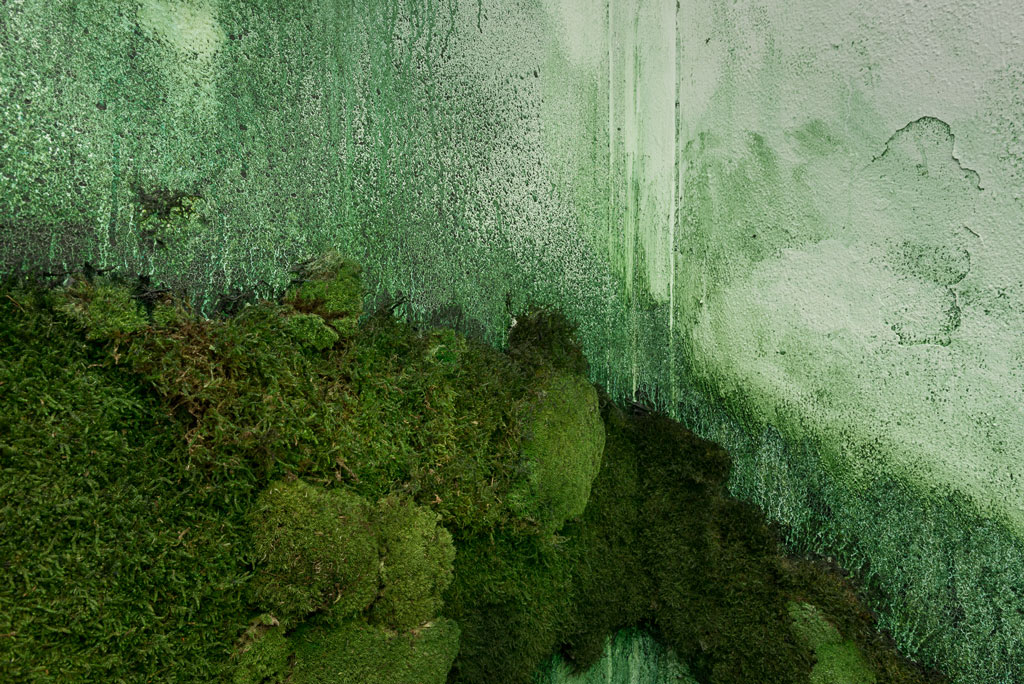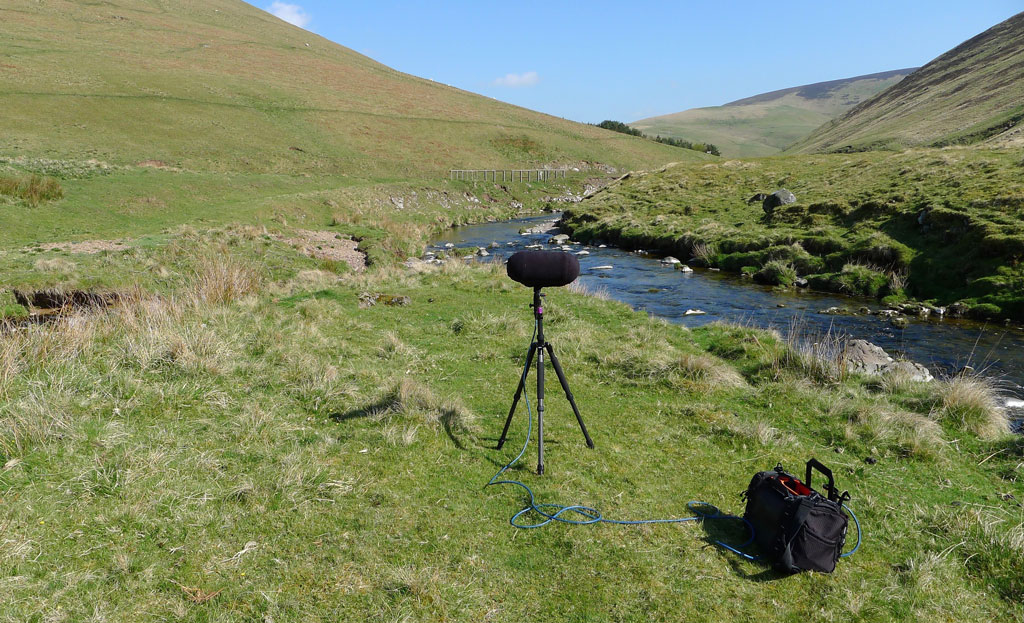ART CITIES:London-The Shape of a Circle in the Mind of a Fish with Plants
 The General Ecology project was launched by Serpentine Galleries in 2018. Since this pivotal event, the Serpentine has continued its research around ecology, climate change, animality, human and artificial consciousness, wellbeing, extinction and technology with its General Ecology project Serpentine Galleries present “The Shape of a Circle in the Mind of a Fish with Plants”, a multi-media and multi-disciplinary day-long event dedicated to plant sentience, plant intelligence, communication with the vegetal world and forms of mysticism and healing.
The General Ecology project was launched by Serpentine Galleries in 2018. Since this pivotal event, the Serpentine has continued its research around ecology, climate change, animality, human and artificial consciousness, wellbeing, extinction and technology with its General Ecology project Serpentine Galleries present “The Shape of a Circle in the Mind of a Fish with Plants”, a multi-media and multi-disciplinary day-long event dedicated to plant sentience, plant intelligence, communication with the vegetal world and forms of mysticism and healing.
By Dimitris Lempesis
Photo: Serpentine Galleries Archive

The title of the festival, “The Shape of a Circle in the Mind of a Fish with Plants”, uses as a conceptual starting point the way in which mating puffer fish draw ornate circles in the sand of the sea bed. Seen from human eyes, this behaviour could also look like a dance or a work of art; from that thought extends a reflection on communication, creativity and intelligence across species distinctions, towards a deep ecological understanding of everyday life. Featuring screenings, talks, listening sessions and performances by scientists, anthropologists, artists and theologians and musicians, “The Shape of a Circle in the Mind of a Fish with Plants” is the third in a series of events dedicated to ecology and consciousness across animal, vegetal, human and artificial species, which is part of the Serpentine’s multi-year General Ecology project. Tabita Rezaire opens the festival with a ritual offering aimed at restoring our ability to connect. Saelia Aparicio presents short films that trace an alternative layer of fantasy sprouting in the Carpenters housing estate in Newham, London. Antoine Bertin presents a listening session from his NTS Radio programme “The Edge of the Forest”. Vivian Caccuri presents a performance lecture on sugar, yellow fever and colonialism. Film theorist Teresa Castro discusses how since the late 19th Century to today, film has been imagining plant sentience and plant agency in considerable different ways. Theologian Amy Hollywood reflects on mysticism and plant life. Kapwani Kiwanga in conversation with biocultural historian Kim Walker. Anthropologist Natasha Myers discusses plant sensing and communication. Political philosopher Michael Marder explores what new forms of politics can be imagined from a deep observation of plants. Writer Elvia Wilk considers weirdness in plants. Sound recordist Chris Watson closes the festival with the world-première of his new, multichannel diffusion piece “Salmo salar – The Three Realms”, which traces the Atlantic salmon run from the sea ice edge of the Barents Sea to their spawning grounds by the source of the River Coquet in Northumberland. The composition incorporates the sounds of plants and vegetation within the three realms of seawater, freshwater and air as the salmon take shelter within the kelp forests of the Barents Sea, to the freshwater currents of the river Coquet, as the salmon weave their way upstream through water moss lining the river bank and finally pass through air alongside Flag iris, reeds and sedges.
Info: Curators: Lucia Pietroiusti, Filipa Ramos, Holly Shuttleworth and Kostas Stasinopoulos, EartH (Evolutionary Arts Hackney), 11-17 Stoke Newington Road, London, Day & Hours: 19/5/19, 11:00-23:00, www.serpentinegalleries.org




